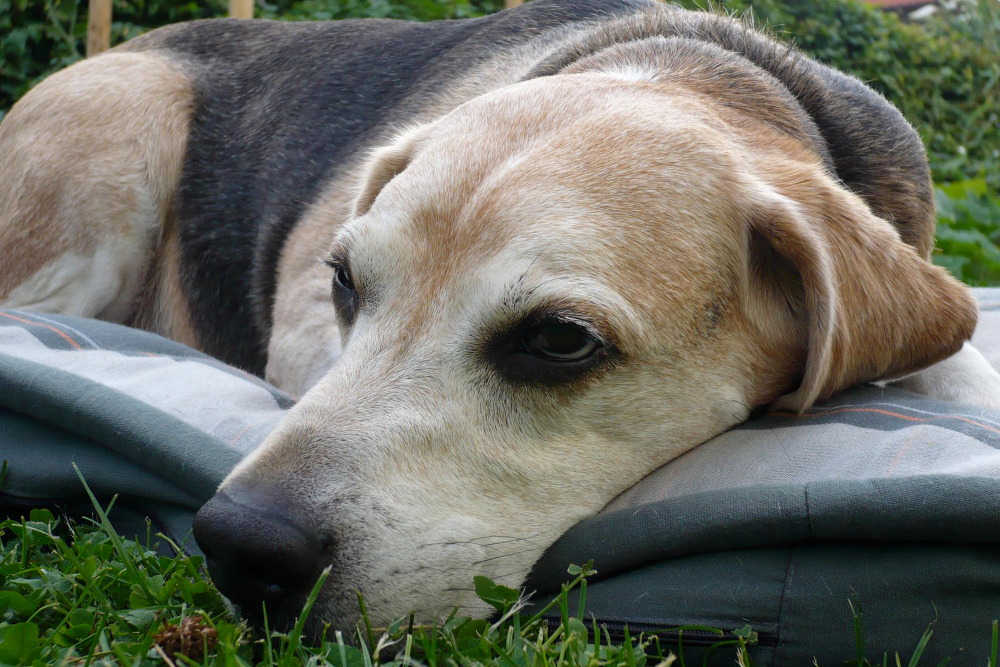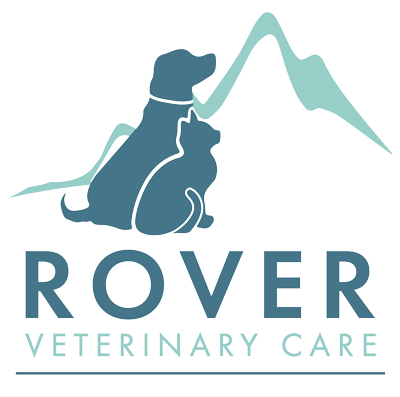Caring for Your Senior Dog When They're No Longer Active

Caring for Your Senior Dog When They're No Longer Active

Growing older gracefully is a goal we all share, and that includes our beloved canine companions. However, as dogs enter their senior years, they often experience a decline in activity and vitality. Understanding how to care for an older dog who is no longer active is crucial for any pet owner. This blog post aims to guide you through the process, from identifying changes in your dog's behavior to considering sensitive options like in-home euthanasia in Reno, NV.
Recognizing Changes in Your Senior Dog
The first step in caring for an inactive senior dog is recognizing the changes in their behavior and health. It's not uncommon for older dogs to slow down, but a significant decrease in activity could signal underlying health issues. Look out for:
- Lethargy: A noticeable decline in energy levels.
- Difficulty Moving: Stiffness or reluctance to move, which could indicate arthritis or joint pain.
- Changes in Appetite: Eating less or showing disinterest in food.
- Behavioral Changes: Increased anxiety, irritability, or disorientation.
If you notice any of these signs, it's essential to consult with a veterinarian to rule out any medical conditions affecting your dog's quality of life.
Enhancing Comfort for Your Senior Dog
Once you've identified the changes in your dog’s activity level, focus on enhancing their comfort. You can make several adjustments at home to ensure your dog feels loved and cared for.
1. Provide a Comfortable Sleeping Area
Older dogs often spend more time sleeping. Ensure their bed is comfortable and supportive, ideally orthopedically designed to relieve pressure on their joints. Place the bed in a quiet, draft-free area where your dog can relax without disturbances.
2. Adjust Their Diet
Senior dogs have different nutritional needs. Consult your veterinarian to select a diet that supports their age, weight, and health conditions. You may need to switch to senior dog food, which typically contains fewer calories and more joint-supporting nutrients.
3. Gentle Exercise and Mental Stimulation
While your dog might not be up for long walks, short, gentle strolls can help maintain their mobility and circulation. Alongside physical activity, engage their minds with puzzle toys or scent games. Mental stimulation is just as important as physical exercise for keeping your dog happy.
4. Regular Veterinary Visits
Regular check-ups with your veterinarian are crucial for monitoring your dog's health. These visits can help catch potential issues early and ensure your dog receives appropriate treatment for any age-related conditions.
Considering In-Home Euthanasia in Reno, NV
When a senior dog’s quality of life significantly diminishes and they experience constant pain or discomfort, it might be time to consider more compassionate end-of-life options. In-home euthanasia in Reno, NV offers a peaceful and dignified way for pets to pass in the comfort and familiarity of their home, surrounded by loved ones.
Benefits of In-Home Euthanasia
- Comfort and Privacy: Your dog can stay in a familiar environment, reducing stress and anxiety during their final moments.
- Family Involvement: Allows family members to say their goodbyes in a private setting.
- Compassionate Care: Veterinarians specializing in in-home euthanasia are trained to handle the process with empathy and respect.
Before making this decision, consult with your veterinarian to discuss your pet's condition and determine the best course of action.
Coping with the Loss of Your Pet
Losing a cherished pet is a profoundly emotional experience. It’s important to allow yourself to grieve and seek support if needed. Here are some ways to cope with the loss:
- Celebrate Their Life: Hold a small memorial or create a scrapbook of memories to honor your pet.
- Reach Out for Support: Connect with friends or support groups who understand the bond between pets and their owners.
- Consider Professional Help: Therapy or counseling can provide a safe space to process your emotions.
Conclusion
Caring for an older dog who is no longer active requires patience, love, and understanding. By making their comfort a priority and considering all available options, including in-home euthanasia in Reno, NV, you can ensure your pet’s final years are filled with dignity and compassion.
If you're considering in-home euthanasia, contact Rover Veterinary Care for more information on how they can assist you and your furry friend during this difficult time. Their experienced team is dedicated to providing the care and support you need to make the best decision for your beloved pet.
For further advice and assistance, connect with Rover Veterinary Care today.
